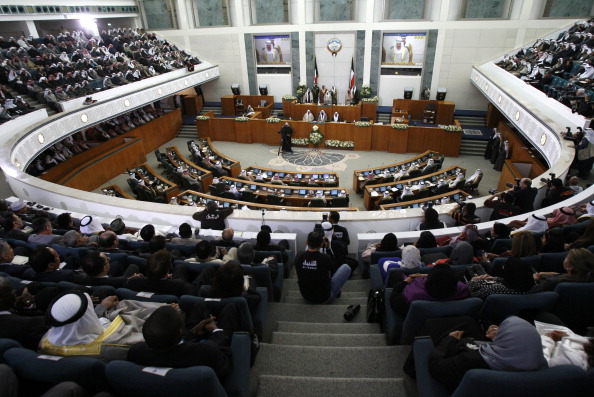Kuwait Court Rejects Election Challenge, Confirms July 27 Vote
Almost constant factional infighting over the past seven years has prompted repeated elections in Kuwait.

A Kuwaiti administrative court threw out on Sunday legal challenges to a parliamentary election set for July 27, a judicial source and an elections candidate said, effectively paving the way for the vote to proceed on time.
Almost constant factional infighting over the past seven years has prompted repeated elections, stalled infrastructure development and held up economic reforms in Kuwait, an important Gulf Arab oil producer and U.S. ally.
A legal source said the Kuwait Administrative Court ruled it had no jurisdiction to look into three legal challenges by Kuwaiti citizens to the vote.
One case related to a request to incorporate a residential area into one of the five electoral districts, while another pertained to whether the government had lost its legitimacy and thus its eligibility to call for new elections after a court ordered the dissolution of the previous parliament.
“The ruling today confirms the lack of jurisdiction as this is a matter between two branches of the state, and thus the elections will take place on time on July 27,” said Wasmi al-Wasmi, a political activist and election candidate.
On June 16 opposition supporters lost a legal fight to undo changes to the voting system they said favour pro-government candidates – a dispute which aggravated political tensions.
The Constitutional Court however found fault in the process leading up to the last elections in December and ordered a new ballot for the 50-member assembly.
The date falls during the Muslim holy month of Ramadan.
Kuwait’s parliament gives its people greater say than in other tightly-controlled Gulf Arab monarchies, although the ruling emir still has the final word in state matters and members of his Al-Sabah family occupy top posts.
Opposition politicians boycotted the last election in December in protest at changes to the voting system decreed by Emir Sheikh Sabah al-Ahmed al-Sabah six weeks beforehand.
Sheikh Sabah’s move to change the voting system last year touched off some of the largest protests in Kuwaiti history and the December poll had the lowest voter turnout since the first election held in 1963.
Prominent Islamist and populist opposition politicians have said they will not stand in any future election under the one-vote system but some liberals and Salafi Islamists have said they will compete, splitting the opposition.
